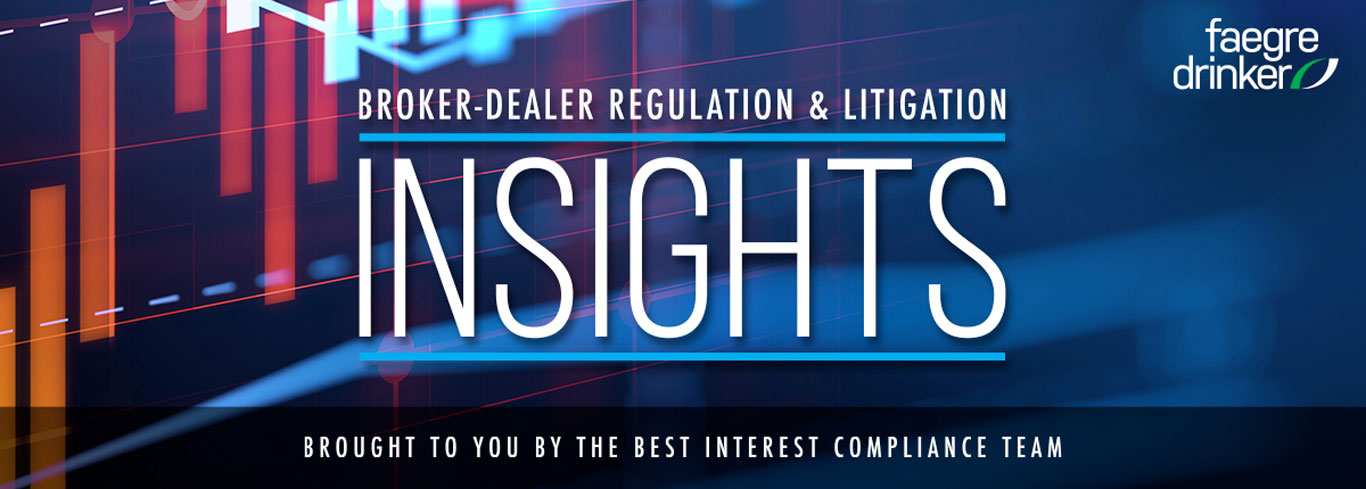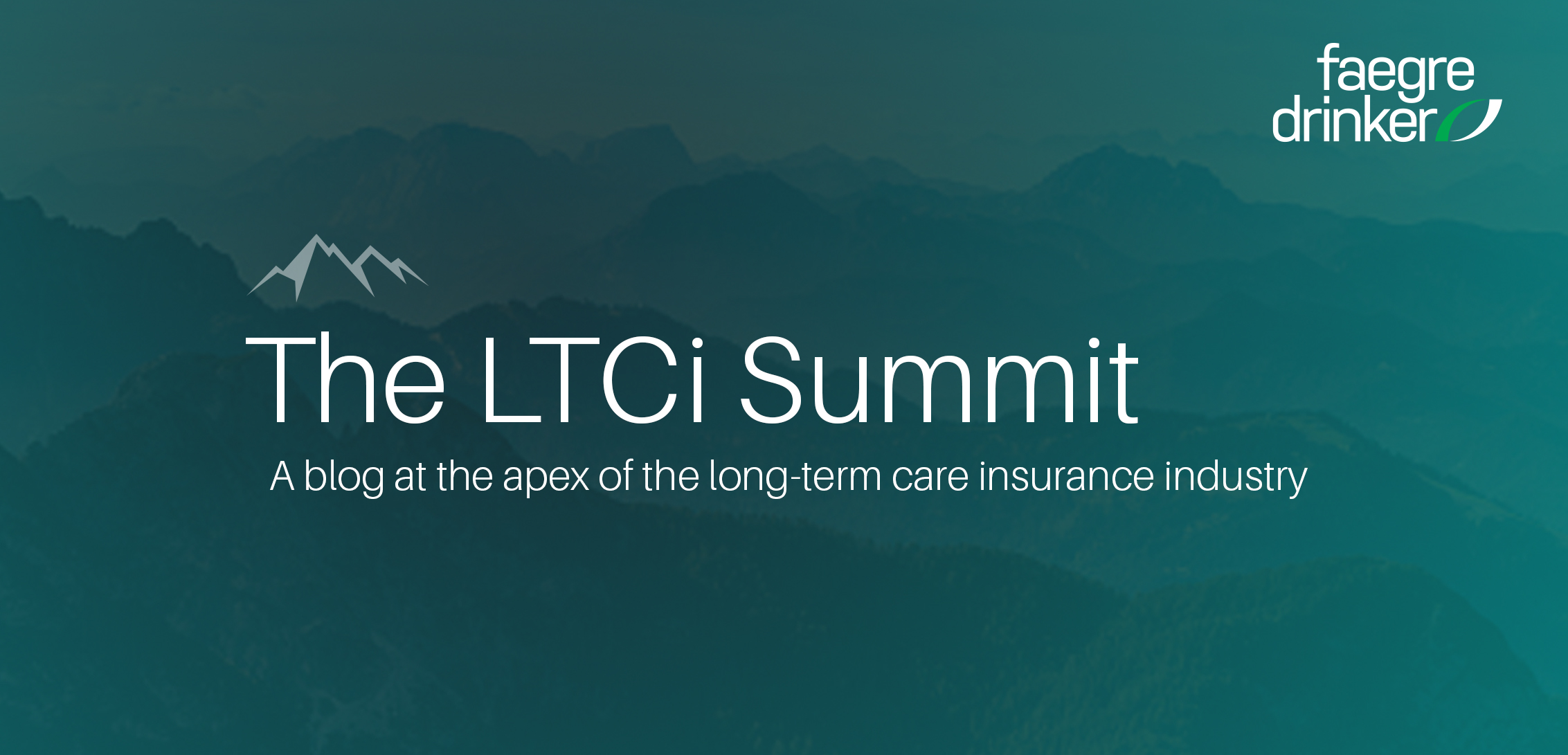Assured Allies and Faegre Drinker have partnered to develop a playbook for the long-term care insurance industry. Responding and Managing the Impact of COVID-19 offers insights, guidance and ideas to manage the short- and medium-term impacts of the COVID-19 global pandemic and provides potential avenues for long-term care insurers to explore in the post-COVID-19 world that could change long-term care insurance forever.
The Impact of COVID-19
A public health crisis such as COVID-19 is very likely to have a significant effect on the health of older adults, even those who do not contract the virus. Vulnerable adults are those who often age in place with limited support systems and who are susceptible to quickly losing their ability to maintain independence.
For example, we anticipate that the American senior population will experience the following effects of the COVID-19 pandemic:
- Accelerated deterioration of an existing medical condition, resulting from, for example, missed medical appointments, breaks in treatment, postponed operations, limited access to clinicians, and interruptions in medication schedules.
- Prolonged hospitalization and respiratory rehabilitation for those contracting COVID-19. Any muscle and functional loss due to hospitalization may be significant.
- Functional deterioration due to reduced mobility, being confined to their homes, and not being able to sustain their normal daily routines or recreational activities.
- Psychological deterioration (e.g., fears, stress) due to imposed isolation, fear of being alone, the stress that comes from listening to the media, etc. COVID-19 has created real isolation for many Americans, in particular, the elderly. A recent Assured Allies survey of hundreds of aging adults showed that older, more dependent subgroups exhibited significant negative health effects associated with isolation.
- Interrupted caregiving is a natural outcome as both caregivers and care recipients are fearful of virus transmission. Home care agencies report 30%–50% reduction in home care client volume, across both paid and family caregivers. Without this vital support (e.g., food preparation and delivery, health checks, physical and mental stimulation and assessments, ADL and IADL help) deterioration in health status can come quickly. Moving to effective remote caregiving requires resources, a plan and expertise.
The material contained in this communication is informational, general in nature and does not constitute legal advice. The material contained in this communication should not be relied upon or used without consulting a lawyer to consider your specific circumstances. This communication was published on the date specified and may not include any changes in the topics, laws, rules or regulations covered. Receipt of this communication does not establish an attorney-client relationship. In some jurisdictions, this communication may be considered attorney advertising.


